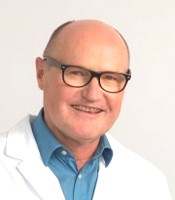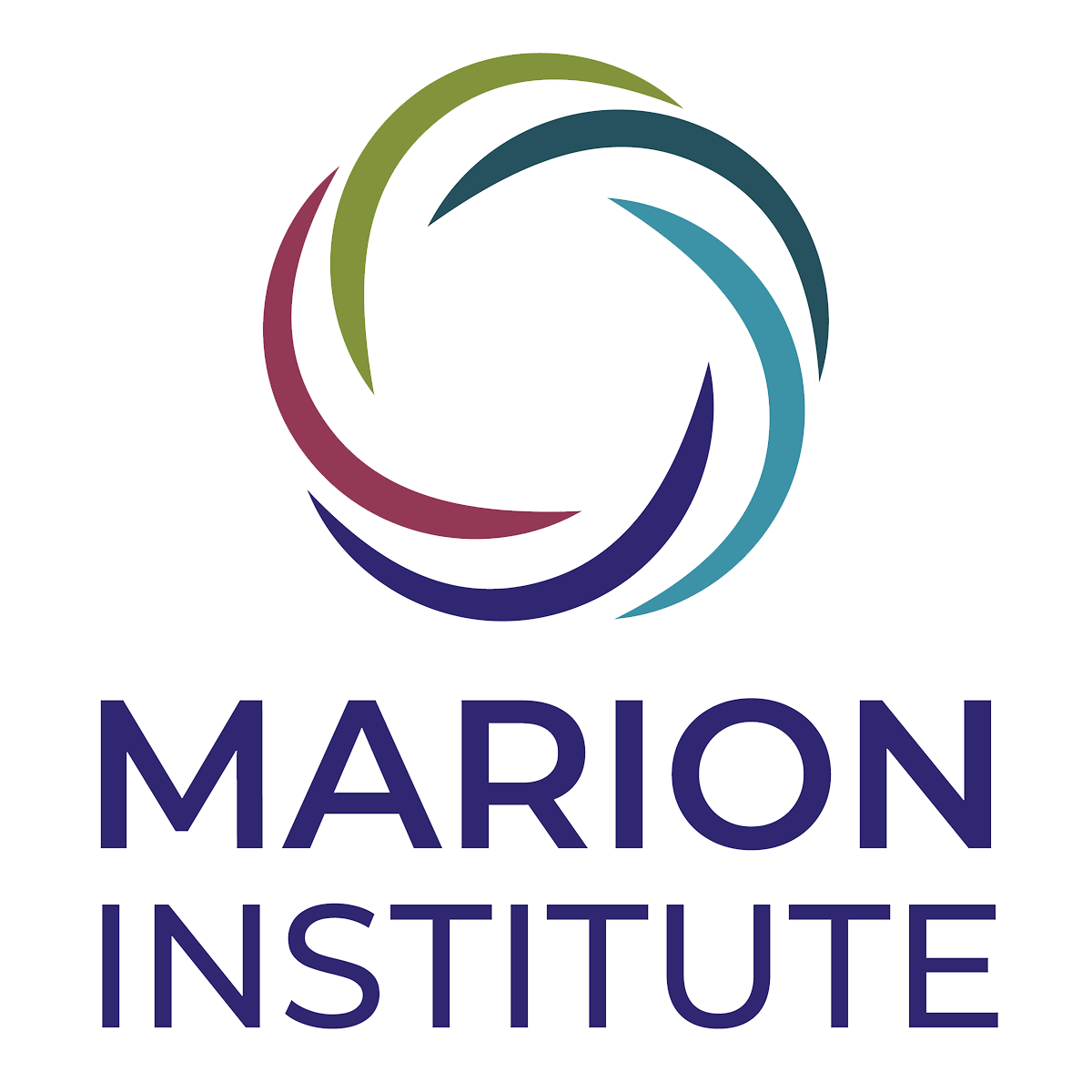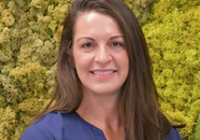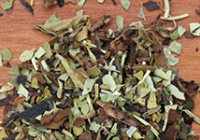by Dr. Kurt Tischhauser | Paracelsus Clinic, Switzerland

You have surely heard controversial statements regarding the necessary or even unnecessary intake (supplementation) of vitamins. Is there ever really a shortage? Or why do we need more vitamins now than in the past? After all, we eat enough “vitamin-rich” foods! The answer is very clear: “Yes – we need them!”
What are vitamins and what effect do they have?
Vitamins translated is “life substances”, which makes it abundantly clear that we cannot survive without them.
Vitamins cannot be produced by the body itself, we have to rely directly on the intake from food – provided that it contains enough! The exception is vitamin D3, which is formed in the skin by the sun’s rays from cholesterol, stored transiently in the liver and then activated in the kidneys. There are no cells and no metabolic processes which do not rely on vitamins. If you think you aren’t getting enough vitamins in your diet then take a look at this list of the best supplements in Canada.
Here is an overview in brief:
· Vitamin A
Contained in carrots, potatoes, milk, eggs and liver.
Important for vision, bone growth, skin and mucosal protection, production of immune system antibodies
· Vitamin B complex (B1, B2, B3, B6 and B12)
Found in animal products (applies especially to B12), but also in nuts, lentils and yeast.
Our nerves only work properly with vitamin B, it promotes detoxification and is essential for blood and hormone production
· Vitamin C
Contained primarily in citrus fruits, green vegetables and salads. Arguably the most powerful detoxifying agent for liver and kidney, enormously important for strengthening the immune system, protects endogenous substances against damage and “aging” (antioxidant effect) If you aren’t getting enough vitamin C in your diet, you could ways try liposomal vitamin c that can be taken orally.
· Vitamin D
About 90% of the demand is (or rather should be) formed via UV radiation in the skin, and only 10% comes from food (fish, eggs, liver and cheese). Who does not remember cod liver oil in the winter time …
D3 is important for bone formation, activation of the immune system, muscles and brain
· Vitamin E
Particularly found in sunflower seeds, wheat germ, safflower oil and potatoes.
Prevents the formation of thrombi (blood clots), protects blood, nerve, and muscle cells (= antioxidant), necessary for preserving fertility
· Vitamin K
There is a vitamin K from plant (spinach, cabbage, broccoli, green tea) sources and one derived from animal (liver) sources. Our intestine bacteria can synthesize a large part of one´s daily needs.
K1 is primarily responsible for blood clotting; a deficiency leads to an increased tendency to bleeding. K2 is important for bone metabolism.
We have been determining the vitamin content in blood for years and have primarily measured an increasing deficiency of vitamins D3 and B12!
The reasons for this are complex:
– for D3 due to insufficient tanning of the skin (one protects oneself against skin cancer with a high skin protection factor) and the skin’s decreased synthesis capacity caused by environmental toxins
– for B12 due to the reduced content in animal products (in livestock itself and through storage and cooling), the generally reduced meat consumption and the lowered absorption in the intestine (our intestines suffer from the effects of pollution).
Measurably, we rarely find a deficiency of the other vitamins … but we still recommend a moderate intake. Since our organism is increasingly burdened with environmental toxins, this leads to increased formation of body-damaging oxidative degradation products and free radicals. We can reduce these using vitamins, which are “antioxidants” and also support the body. You’re also better off going for organic vitamins, as these won’t contain any additives or harmful ingredients.
Do we need thus additional vitamins, even if we eat well, because the need for “antioxidants” for “detoxification” has increased? Again, as always … do not exaggerate, more is not always better … but for those questions you’ve indeed to come to the right place!
If you would like more information or are interested in becoming a patient, please contact: Barbara Christian, Patient Coordinator at bchristian@biologicalmedicinenetwork.org or 774-553-5324.










